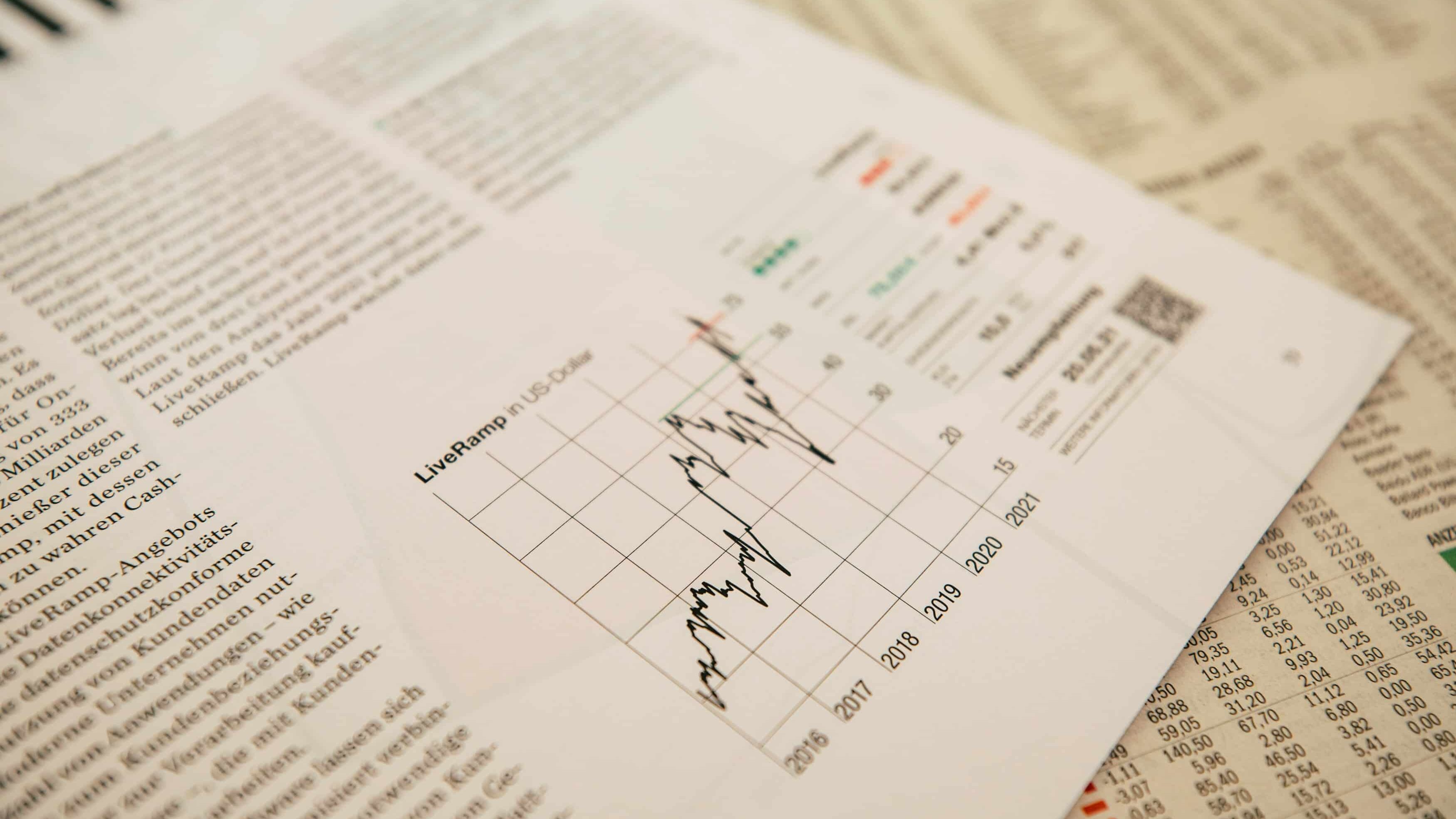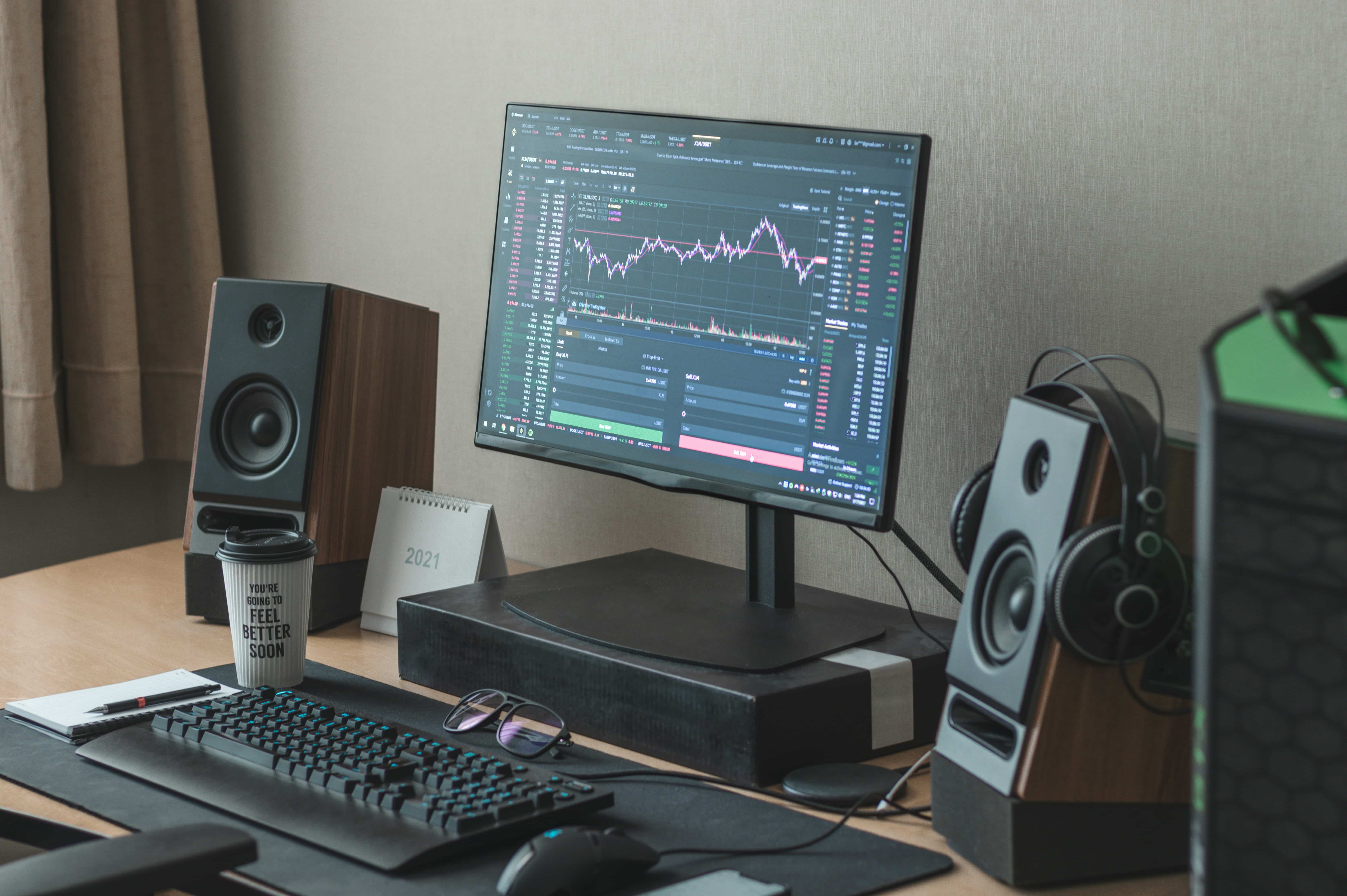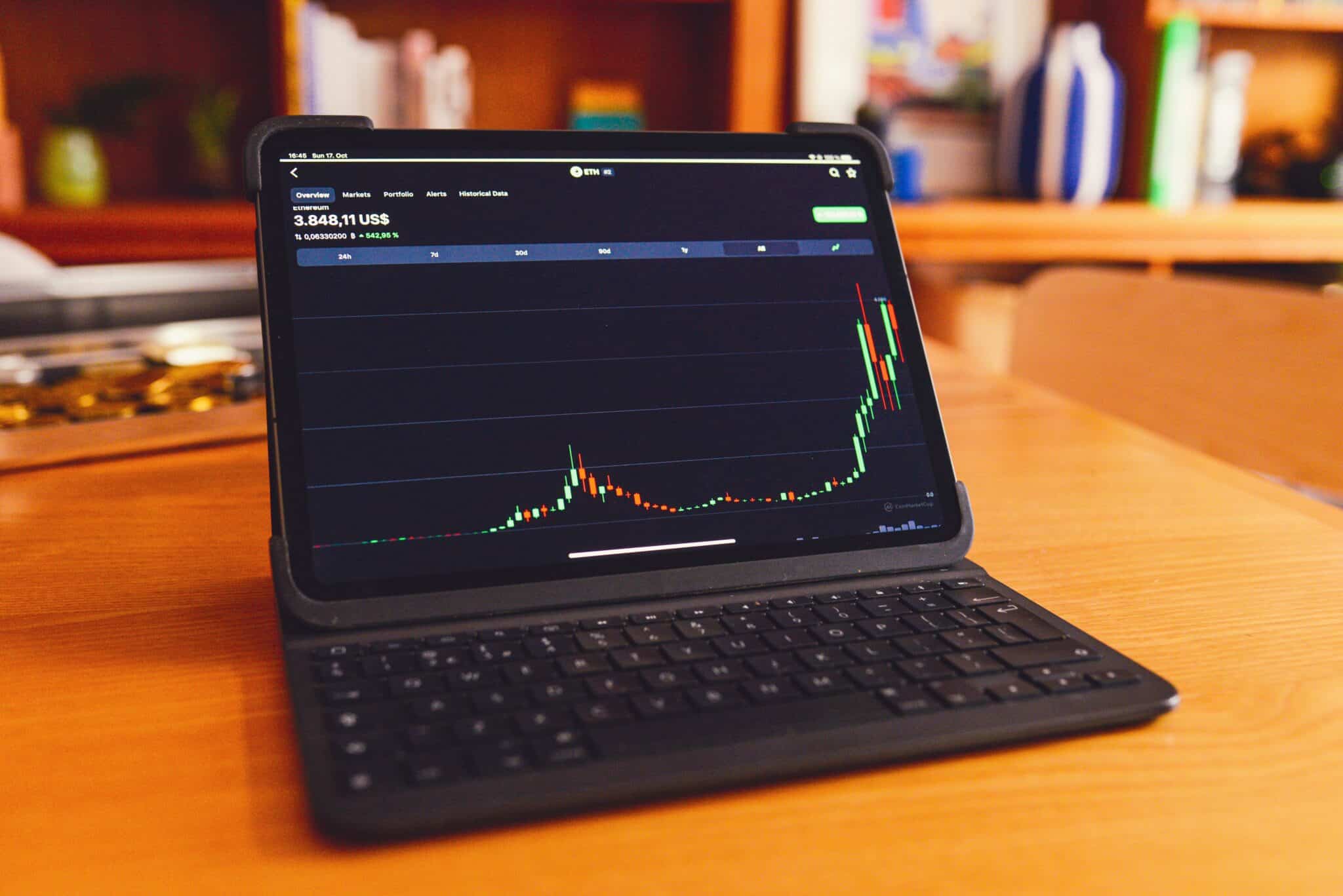2024
Stock Selection Factor Study: A Study Combining brokers branches trading and Momentum Factors
When market efficiency is low or inefficient, stock prices tend to overreact or underreact to new information. This phenomenon allows investors to achieve significant positive average returns by buying stocks that have performed well in the past or short-selling stocks that have performed poorly (Jegadeesh and Titman, 1993). From a behavioral finance perspective, George and Hwang (2004) pointed out that traders might be reluctant to buy even if there is favorable news when stock prices approach a new high within the past year. This reluctance leads to stock prices reaching new highs driven by positive news, indicating that even professional investors might underreact to new information. Zhang (2006) found from an information asymmetry perspective that in markets with a higher degree of information asymmetry, future returns of stocks following bad or good news tend to be lower or higher, respectively. Momentum strategies perform better in stocks with higher levels of information asymmetry.
This study attempts to use the daily reports of brokers branches trading provided by the Taiwan Stock Exchange to derive relevant indicators from an information asymmetry perspective, combining these with momentum factors to identify stocks that have yet to catch the market's attention but are gradually rising in price. The study will conduct overlapping period tests, IC/IR value tests, and factor portfolio backtesting on this composite factor.











